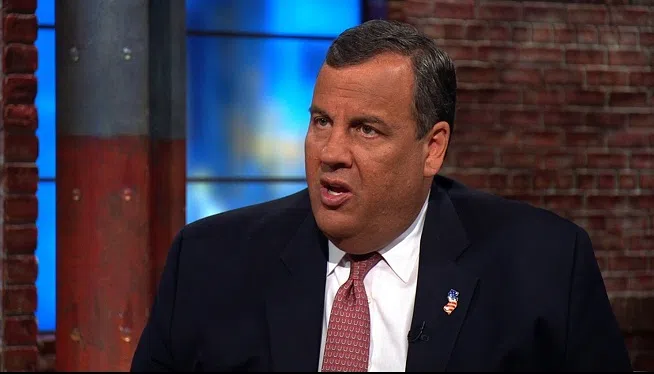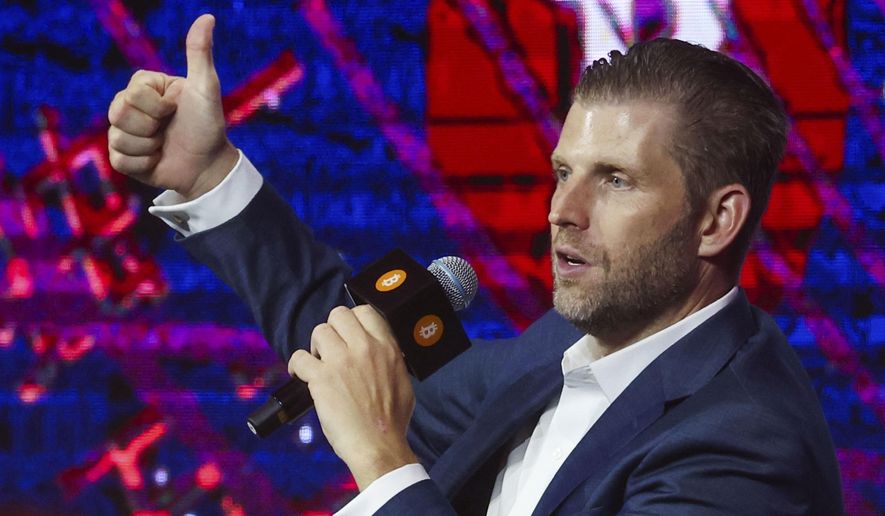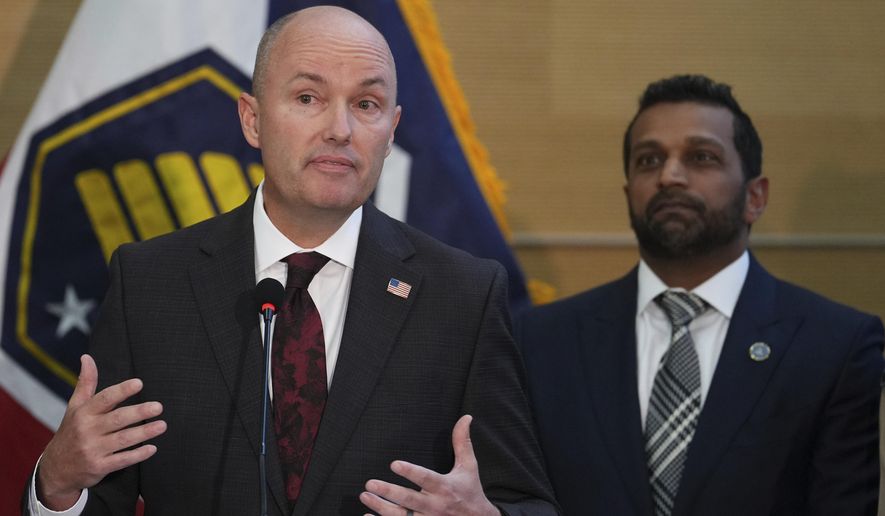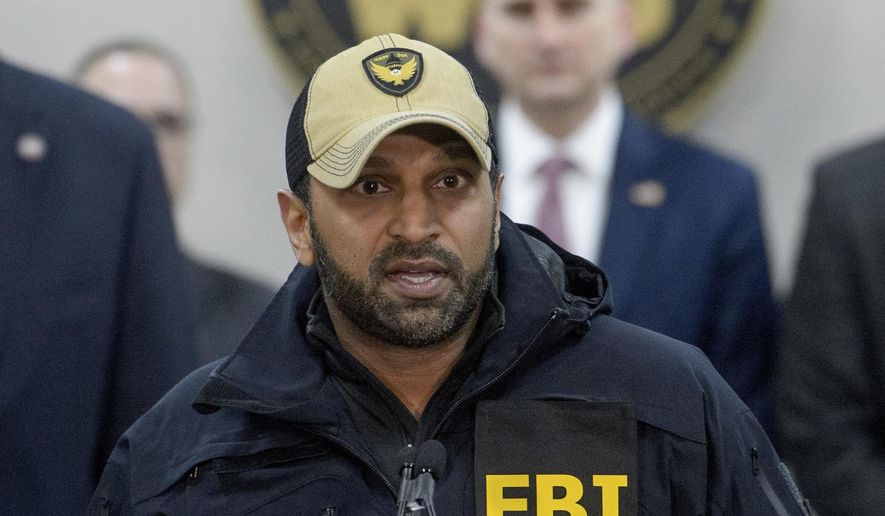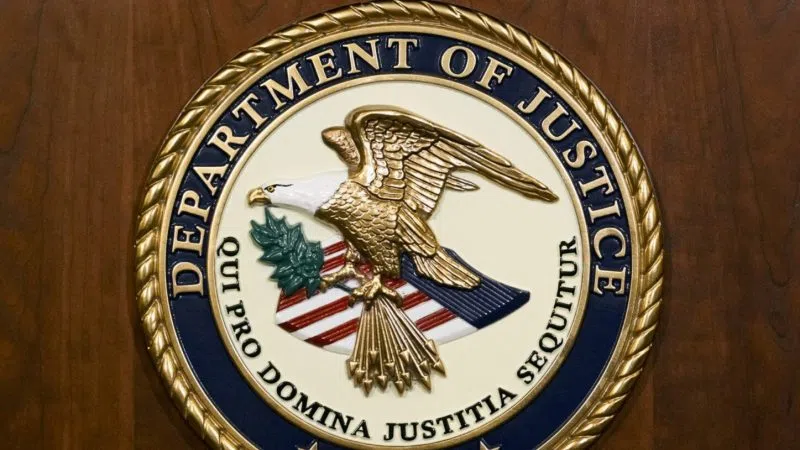By Ariane de Vogue
CNN Supreme Court Reporter
WASHINGTON — The Supreme Court will hear New Jersey Gov. Chris Christie’s challenge on Monday to a federal law that bans most states from sports betting.
New Jersey wants the justices to strike down the law that would clear the way for several states to tap into what some say is a $150 billion per year illegal industry.
The controversy started in 2011 when New Jersey voters approved a measure to legalize sports betting to help the casino industries in a faltering economy. But the state law was immediately challenged by professional sports leagues and the NCAA, which pointed to a federal law passed in 1992 that bans state sports betting with some exceptions.
The law is called the Professional and Amateur Sports Protection Act and it makes it unlawful for a state to “sponsor, operate, advertise, promote, license, or authorize by law” sports wagering. Nevada was exempted from the law and three other states — Montana, Delaware, and Oregon — had already enacted sports lotteries and were allowed to continue to do so. At the time, New Jersey could have allowed sports wagering if it had acted within a year of the law’s effective date, but New Jersey chose not to.
By 2012, the state had changed its mind and passed a law to allow sports betting. Sports leagues challenged the law citing the 1992 law, and they won in federal court.
New Jersey tried to pass a new law in 2014 that simply repealed key provisions of its prohibitions on sports wagering to the extent they applied at racetracks and casinos.
Again, the courts ruled against the state, prompting Christie to take the case to the Supreme Court.
Lawyers for Christie see the case as a states’ right issue and argue that the 1992 law is unconstitutional because it violates the so called “anti commandeering” principle of the 10th Amendment that bars Congress from ordering states to participate in a federal regulatory scheme.
“The anti-commandeering principle,” Theodore Olson, a lawyer for New Jersey, argued in briefs, is both “simple and vital: to preserve the separate sovereignty of States — and the benefits that sovereignty provides within our federal system — Congress is limited to exercising its legislative authority directly over individuals rather than over States.”
Olson argued that when Congress dictates the content of state law, “it undermines the responsiveness of state governments to their electorates, blurs the lines of accountability between the citizens and their state and federal governments, and disrupts the balance between those governments that protects individual liberty.”
West Virginia and 17 other states, and the governors of three more, are siding with New Jersey in the case. They say in court briefs that if the high court sides with the sporting leagues, “Congress could compel the entire machinery of state government — legislatures, executives and courts — to maintain and enforce repealed state laws at the behest of the federal government.”
Lawyers for the leagues respond, however, that the federal law does not run afoul of the Constitution because it doesn’t force the states to take any action or become a part of any federal regulatory scheme. It simply prohibits sports betting in the states.
They argue that a state law legalizing sports betting is preempted by existing federal law.
“New Jersey’s real complaint is that Congress has forbidden it from enacting the specific policy it prefers—namely, state sports gambling at its state-licensed casinos and race tracks,” wrote Paul D. Clement, a lawyer representing the NCAA, the NBA , the NFL and others.
The federal government supports the sports leagues.
“This case turns on the fundamental distinction between commandeering and preemption,” wrote Principal Deputy Solicitor General Jeffrey B. Wall. “Congress may not require States to enact or maintain federally prescribed regulations. But it may—and routinely does— prohibit States from adopting laws that conflict with federal policy. ”
Robert A. Mikos, a professor of law at Vanderbilt University Law School, has signed a friend-of-the-court brief in support of New Jersey and says the case could have far-reaching implications if the justices agree with Christie.
“Christie v. NCAA is probably the most important federalism case on the court’s docket this year,” he said in an interview. “It will have ramifications far beyond the confines of sports gambling in New Jersey and it could impact a broad range of other policy domains where the states are rolling back preexisting prohibitions in the shadow of stricter federal laws.”
The-CNN-Wire ™ & © 2017 Cable News Network, Inc., a Time Warner Company. All rights reserved.(Photo: CNN)
